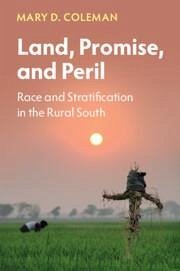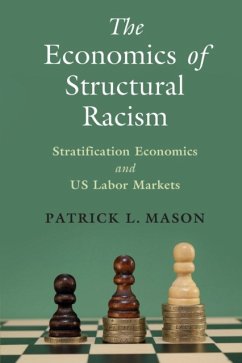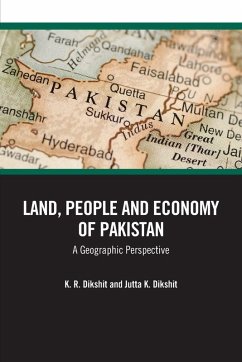
Land, Promise, and Peril
Versandkostenfrei!
Versandfertig in über 4 Wochen
37,99 €
inkl. MwSt.

PAYBACK Punkte
19 °P sammeln!
A unique study of the interplay between race and local power dynamics in the American South which connects family stories to changes in national policies, enabling governmental actors, citizens, scholars, and journalists to trace the policies and practices that were central to propelling or diminishing equitable opportunities to flourish.














